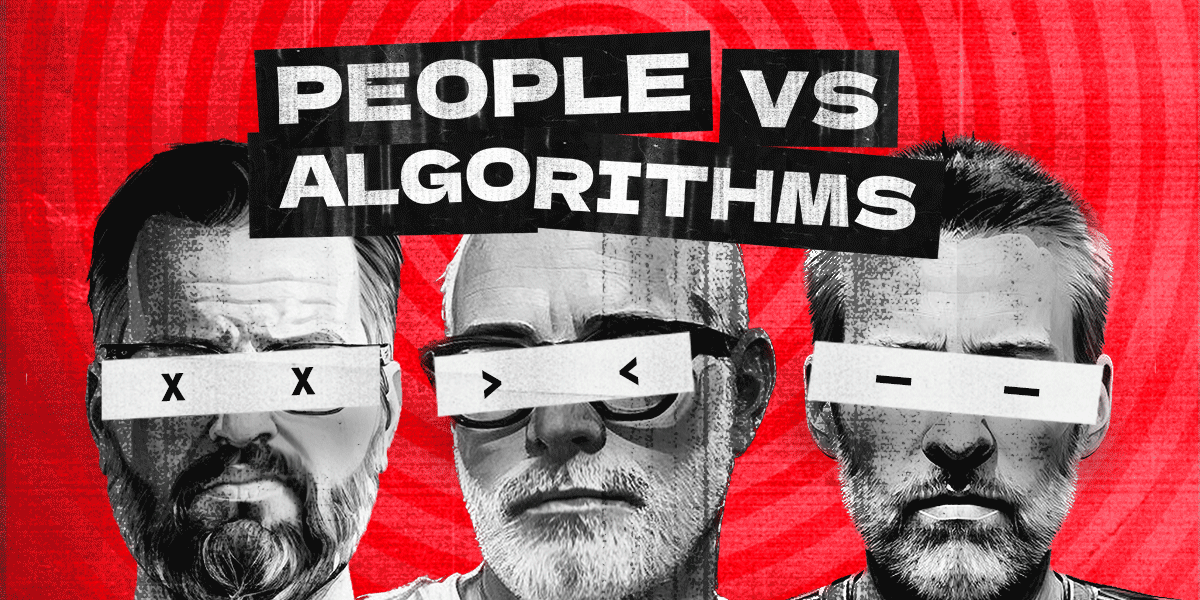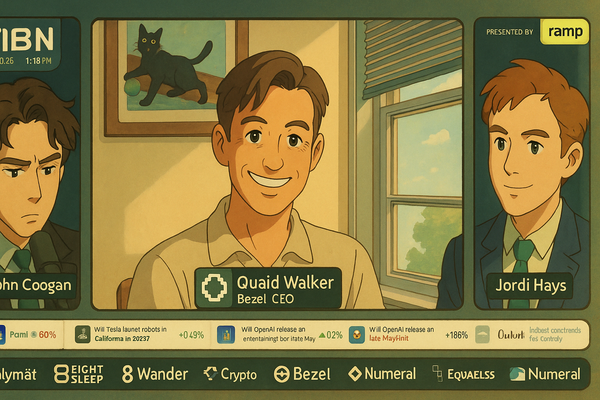The business of influence
Feed Me's Emily Sundberg on culture through the lens of business

This week, I’m continuing my exploration of the upsides and downsides of influence. On PvA, Troy and I spoke to Emily Sundberg about modern celebrity and business, and I have a piece about why individual brands are a safe bet in the next phase of media. (Sign up for a membership to have full access.) First a couple reminders:
- The Rebooting’s next online forum is on April 10 at 1pmET. We’re discussing how publishers can adapt their strategies in a post-traffic era. Dotdash Meredith chief innovation officer Jon Roberts will break down how Dotdash Meredith is back to growth in its core properties. Viafoura CEO Mark Zohar will speak to how publishers can embrace community strategies to deal with the Great Traffic Dwindling. Join us.
- On May 8, The Rebooting is hosting The New Growth Agenda, an off-the-record event at Tribeca Grill in NYC for C-level media executives to discuss new avenues of expansion. There are many challenges and it’s easy to get stuck focusing on them. Better to focus on how to grow because growth tends to solve most problems. The event will dispense with panels in favor of roundtable peer-level dinner discussions. To apply for a spot, please fill out this form. (TRB members will be given preference.) We have a couple sponsorship opportunities, so get in touch for the details: bmorrissey@therebooting.com.

Emily Sundberg is the writer of Feed Me, a daily business newsletter that she describes as looking at “culture through the lens of business.” That can mean digging into the influx of DTC founders creating personal Substacks, the rise of “corporate fetish,” and an invite-only women’s club started by five men.
One of the great things about newsletters and podcasts is the opportunity for brands that are different because they're a reflection of the individual behind them. The most interesting ones sit at an intersection of various interests and areas of expertise that reflect the individual creating them. These will turn out more enduring than the reverse engineering approach that looks for a “white space” (AI x something) and then seek to fill it. That’s reheated mass media.
In this episode, we discuss the business of influence, whether Emily considers herself an influencer, what’s it’s like to be called a “B2B influencer,” Andrew Huberman’s sins and if they will matter to his audience, the power of microdramas in the Information Space, Trump as the first influencer president and his new venture hawking $60 King James bibles, how influencers are changing culture and business, the flip side of hustling and personal commodification, our favorite influencers, 37signals and lifestyle brands, why the real money if you have to work is being a behind the scenes influencer, and the essential choice of whether to morph an individual brand into something more.
Listen on Apple | Spotify | other podcast platforms

Video monetization at scale
Every digital publisher can capitalize on video monetization. But navigating the complex landscape can be daunting.That’s why EX.CO created “The Publisher’s Blueprint to Achieving Successful Video Monetization at Scale” with simple steps guaranteed to drive revenue, and all the info you’ll need to assemble your program and grow. Get the report.
The business of influence
The transition of the media business from the mass media era to whatever comes next is sure to be chaotic. One principle for what comes next that I don’t see changing is the ongoing power shift from institutional brands to individuals.
Influence is the crux of the media business, and as institutional media brands lose their aggregate influence, individuals are on the rise. As Jeff Bezos counsels, focus on things that won’t change. Come what may, the leverage individual influence brings to the table won’t change across the three key vectors of media businesses: distribution, monetization and costs.




